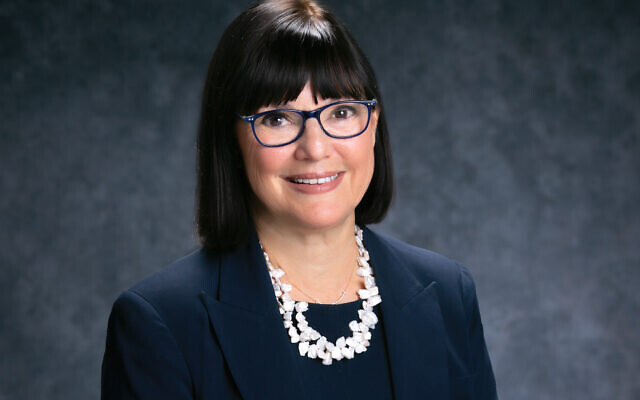How to Get Help
Community need has increased during the pandemic and JF&CS is working to keep up with demand for services, including food and mental health, while providing more emergency aid.
“Our twin priorities are service and survival,” said Richard Malone, president and chief executive of the YMCA of Metro Chicago, which closed three of its 17 branches since the pandemic struck. “It is the nonprofit sector that needs help, but it’s the people who we serve that bear the brunt.”
This excerpt was taken from a New York Times story that ran recently with the headline “Providing a Pandemic Safety Net, Nonprofits Need Their Own.”
The experience we have had at JF&CS Atlanta during the global pandemic is very different than what I am hearing from colleagues around the country. The Jewish community is not immune to the pain and suffering the pandemic is wreaking on communities everywhere. Yet the Jewish community response to meet the need is very different. The collaborative environment among the providers of lifeline services and the generosity of the philanthropic community is a recipe that yields a rich and powerful result. JF&CS has been able to continue current staffing levels, increase where needed and expand services to address the very serious crisis that members of our community face.
Thanks to the Jewish Federation of Greater Atlanta Emergency Relief Fund, the Community Foundation for Greater Atlanta, United Way, the Zalik Foundation, The Molly Blank Fund, JumpSpark and many generous donors, we have transformed our service delivery model. In all of last fiscal year, we gave away $150,000 in emergency assistance. In the last 20 weeks, we have provided more than $500,000. (An over 300 percent increase over ALL of last year).
Take a minute and imagine the faces behind the numbers: the mom who is undergoing chemotherapy for breast cancer. COVID concerns keep her from working during treatment, and she’s unable to pay for her medical bills and the cost of her son’s special education tutors. Or the 85-year-old man who lost his wife and now needs help to stay in his home by himself. Imagine the parents who have both lost their jobs and can’t make their mortgage payment. These are real people in real need.
The Jewish community also is not immune to food insecurity. Our Kosher Food Pantry that served our clients primarily, has helped 3,000 people since mid-March with 77,000 pounds of food, an increase of over 1,000 percent. We were not doing ANY home delivered meals for older adults pre-COVID, but as part of our food pantry work and to respond to the need for older adults who couldn’t get meals, we began a small meal delivery service. In the last 18 weeks we went from not having this service to delivering 477 meals to date and plan to continue as long we can.
Another acute area of need is the soaring demand for mental health support. There is palpable anxiety among many. Those who are already confronting challenges in their marriages, have financial hardships, struggle with depression, anxiety or addiction are now in deeper crisis. Parents who are taking on the educator-in-residence role and full-time family entertainment manager are dealing with increased anxiety as they continue to juggle work and family life. Our clinicians have stretched their capacity and access to meet the needs of those who need our help. Partnerships with community organizations such as JumpSpark and In the City Camp leverage JF&CS professional support to meet the needs of parents, children and families.
Grief over the sudden loss of loved ones can be overpowering, and support groups and counseling can help our friends and family get through one of the most difficult times in our lives. Our JF&CS family is here to help.
The JF&CS pandemic story is one of hope, resilience, empathy and strength.
There is a rainbow in our story, and it is because the community supported our commitment and capacity to serve. While the outlook for recovery appears to be far off, the ending to this story has not yet been written. Between today and points unknown when the recovery is sustained there will be even greater demand for services, obstacles to overcome, and cries for help to respond to. We intend to meet these challenges head on as a marathon and not a sprint. We ask for our philanthropic community to stick with us. Please continue inquiring about what we need, and help us help those in real need.
If you or someone you know needs help – food, financial support and/or mental health support – please share these numbers or contact us at:
Emergency assistance and/or food:
770-677-9389
emergencyfinancialassistance@jfcsatl.org
foodpantry@jfcsatl.org
For mental health support:
770-677-9474
therapy@jfcsatl.org
Terri Bonoff is CEO of Jewish Family & Career Services




comments